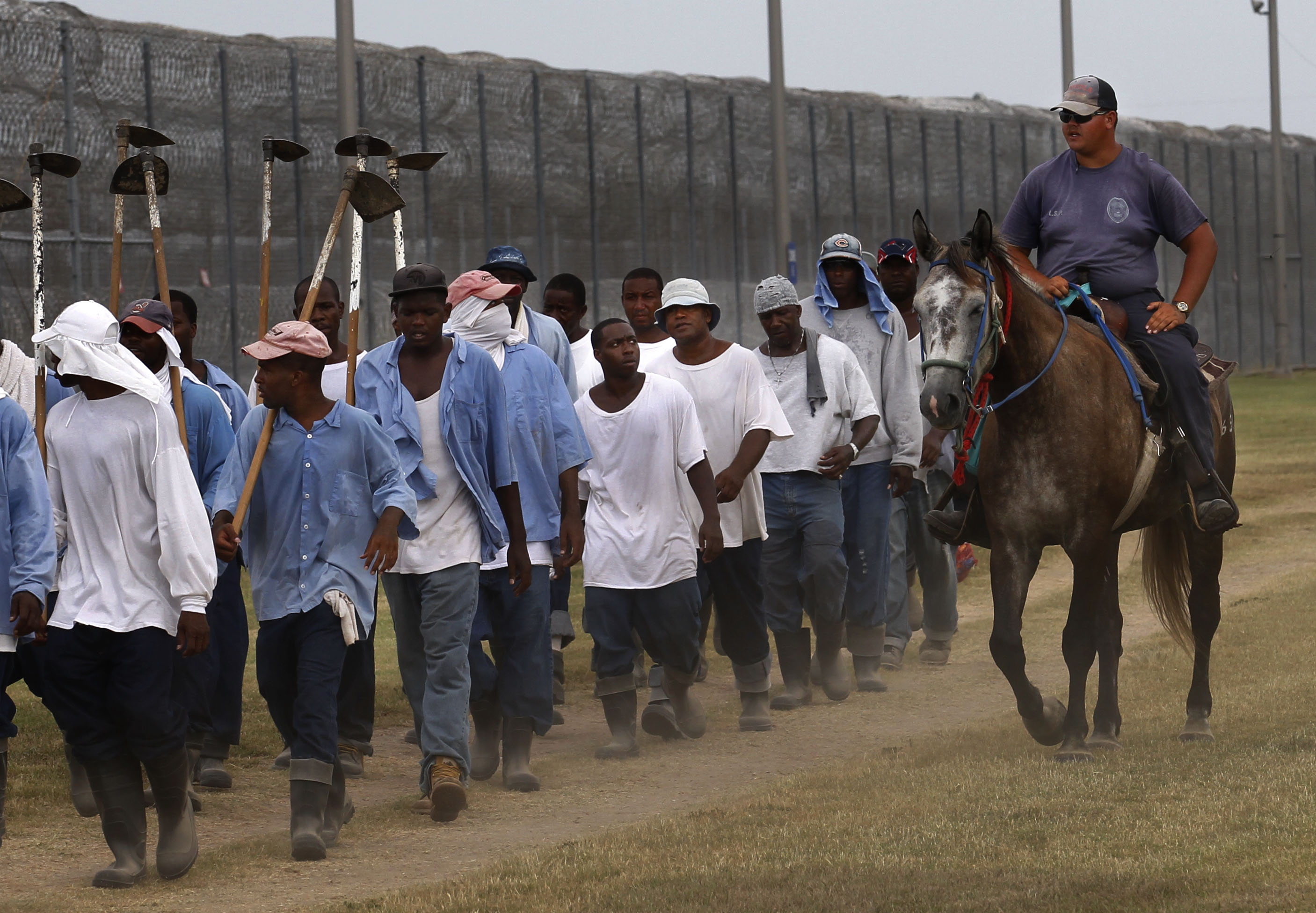This past weekend I saw Brigham Young University’s play, Princess Academy, an adaptation of the children’s book of the same name by Shannon Hale. Lisa Hall Hagen adapted the book for the stage. It’s about a young girl (Miri) that is taken from her home on a mountain and is selected to attend school to become a princess that the prince will choose to be his wife. Along the way Miri runs into problems like a mean teacher, a harsh winter, terrifying bandits, and hurtful schoolmates. However, through friendship, confidence, and love she is able to overcome some of the most difficult of obstacles. She learns to use the telepathy that people use to communicate on the mountain to communicate with the other girls at the academy to help them get through their dreadful times when at the school. In the show she comes to gain an education, and although she does not end up with the prince, she makes strong friendships and helps the people of her home learn to read and write. This performance was beautiful in so many ways: from the writing and visuals, to the vivid characterization.
This play excels in many ways. First, this is definitely a performance that can be enjoyed by a wide range of ages. Children love the play because it is fun-loving, full of dancing, songs, and hilarious moments of each of the characters doing silly things. However, it can also attract an adult audience in that it shows the struggles of trying to belong, having to give up your children, the importance of education, and overcoming obstacles while not losing yourself along the way. It’s a story that would be a great lesson to one’s children, as these struggles are universal and important to our lives. However, even if one does not have children and would like to attend the play, the same message could be expressed and understood. Everyone has had a time in their life when they have felt alone and when they have felt like there was nowhere they could go to feel better—they felt stuck. However, seeing Miri and the way that she handled this emptiness, people can see that there is hope with a little hard work and faith.
Second, the characterization for this show was phenomenal. There were many different children that attended the academy, and each of them was their own person. A few of them had similar beliefs, but nonetheless each character had something about them that made them an individual. Miri was passionate about exploration and finding where she belonged, while there were other girls who had qualities such as intelligence, dancing constantly, or having a stutter. Ultimately, this allows the children observing the show to be able to relate to at least one of the characters, showing them that any kind of girl can be a princess.
Lastly, the production design of this show was absolutely stunning. Having previous knowledge of the novel, I was wondering how they were going to pull off putting a mountain on stage, but they pulled it off. With the use of some textured streamers and carefully thought out lighting, there was no question that the mountain was on stage. Along with that, each of the costumes that the girls wore expressed each of their personalities. Plus, the costumes of each of the other characters were great in that I could barely tell that the same actors were playing multiple characters!
With that, everything that you see will have problems. Each of the girls is stereotyped in extreme ways, and many of the characters still do not have the most redeeming qualities at the end of the show. Along with that, we learn that the only way for girls to become ‘smart’ and receive a good education is through trying to become a princess. However, great relationships are made and the overarching message makes to good greatly outweigh the bad.
All in all, this production is not only a show that is attractive to children and adults, it is a didactic narrative that shows how great true friendship can be and what standing up for what you believe in looks like. In addition to that, it is a wonderful performance and allows the audience to forget about what they have to do for the day and imagine their life living on the mountain or in the academy.
By Alexis Romero


